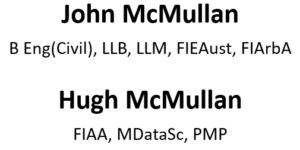In WADA & FIFA v. Cyprus Football Association (CFA), Carlos Marques & ors, the Court of Arbitration for Sport was considering several appeals. A coach had administered, openly, “supplements” to his soccer players, which later proved to be contaminated. Two players later tested positive for Oxymesterone. The 2 players sought reductions to their penalty on the basis of “no significant fault or negligence”. Those 2 players also assisted in the anti-doping process, and sought a penalty reduction in relation to that assistance. The coach was given a 4 year sanction for “administering” a prohibited substance. “Other players” were heard to have taken those supplements, but were not tested. WADA sought sanctions against those “other players”, on the basis of evidence rather than tests (ie non-analytical positives). The Panel concluded:
- The 2 players were not entitled to a reduction of sanction, in these circumstances, on the basis of “no significant fault or negligence”. The cases all require exceptional circumstances for this reduction (and, in this case, they had been “very negligent”).
- The 2 players were, however, entitled to a reduction of sanction, in these circumstances, on the basis that they had “assisted” in the anti-doping process.
- The coach’s 4 year sanction was confirmed.
WADA had not discharged its burden of proof to the comfortable satisfaction of the Panel, in relation to the “other players” (ie non-analytical positives).

